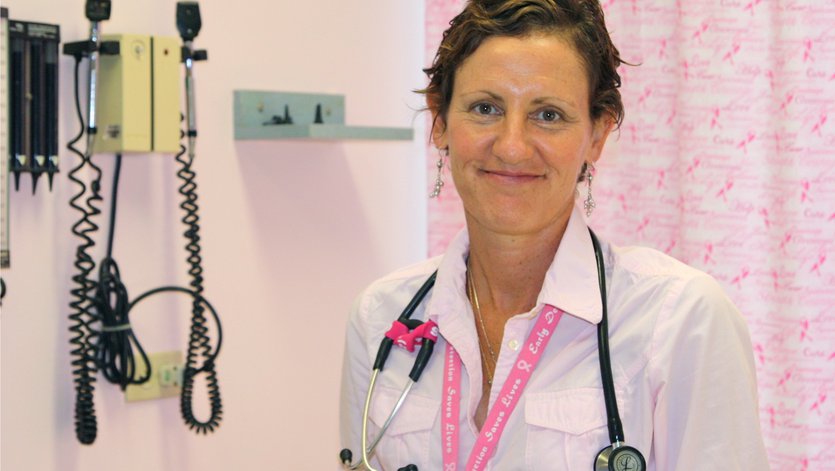Sexuality is something we really have to talk about in cancer care – not just for those living with the disease, but for those navigating life after it.
For a woman, it can feel like you’ve lost something that once helped define who you are – your hair, your figure, your breasts, wearing appliances which contribute to your overall attractiveness or discomfort in being touched. This may include intimacy and having sex. It’s this loss of womanhood that is taken away by cancer treatment.
Sexuality is all about bringing back the touch – exploring the whole sensuality to being human, being loved and being touched.
Many women struggle with this – about 85 percent have a sexuality problem or issue during cancer and at least half of them are distressed about it.
Statistics show it’s the second most common concern among cancer patients (the first being recurrence).
Yet no one is talking about this.
In 2016, Cancer Care Ontario published a guideline called Interventions to Address Sexual Problems in People with Cancer.
These guidelines made me realize the extent of this problem, yet there are many cultural and gender barriers to talking about it in a physician’s office.
This leads to patient isolation, depression and relationship stress.
According to statistics, only two percent of doctors discuss sexuality in cancer.
As a doctor, a Regional Cancer Care Lead and a breast cancer survivor, I have come to realize the barriers in addressing these concerns, so through my new blog, Dr. Both Sides Connects, I will bring the conversation directly to the patients.
I will connect with specialists – from urologists, to breast reconstruction experts, social workers and surgeons – in an attempt to address the questions many patients and survivors want to ask.
I want women to know that these feelings are normal and that things can and will get better.
I hope this blog can help lead you down that path.




